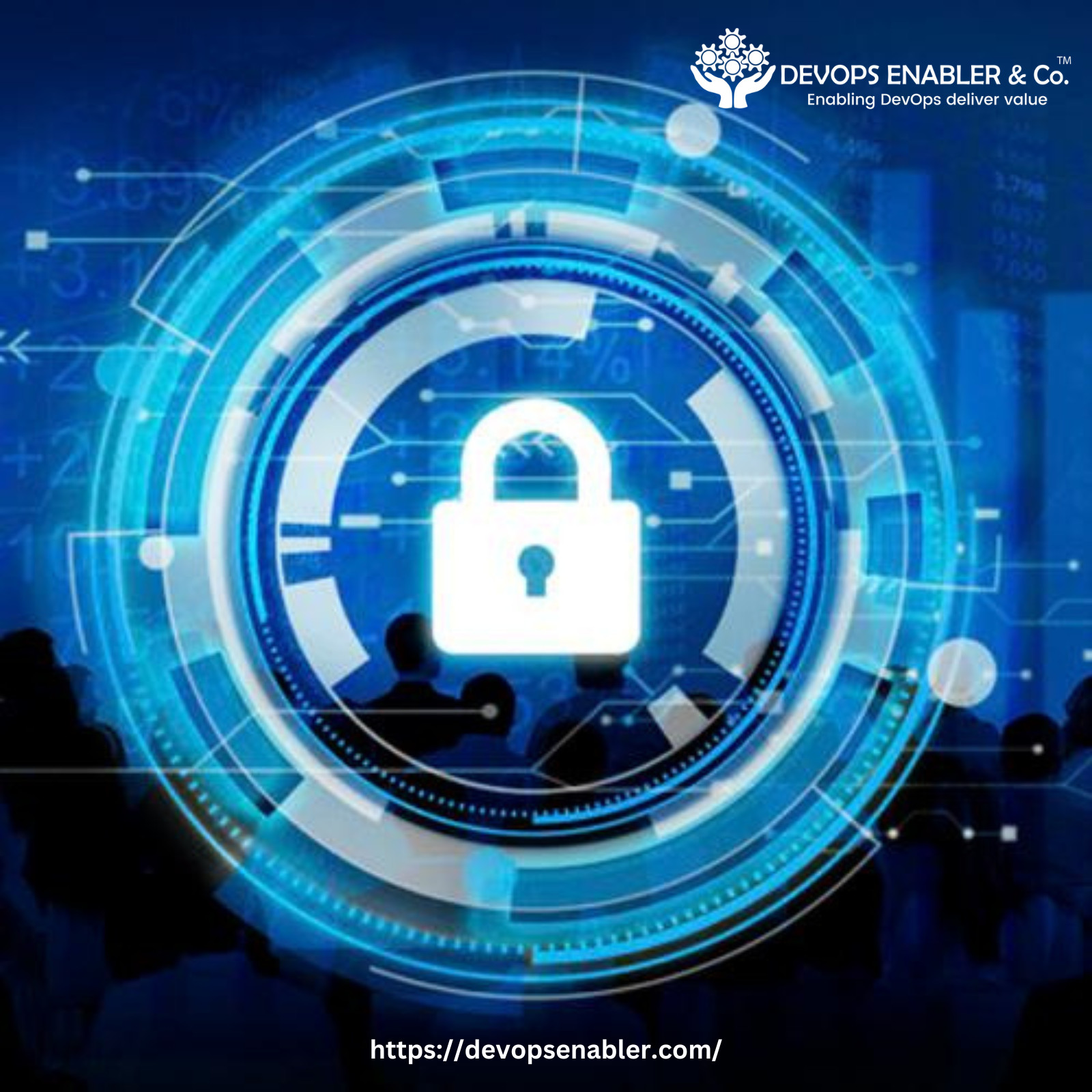Operating system virtualization has been a cornerstone in the evolution of computer systems, allowing the simultaneous operation of multiple operating systems on a single machine. Server virtualization takes this concept further, enabling numerous virtual servers to operate on one physical machine independently. In this article, we delve into the contemporary world of "Container Security and Data Persistence," exploring the role of containers in the dynamic realm of data storage.
The Evolution of Virtualization Technologies:
Recent advancements in virtualization technologies emphasize mobility, recyclability, and automation in packaging and executing applications. Containers have emerged as a pivotal element, boasting built-in executables such as libraries, binary code, and configuration tables. Notably, containers deviate from traditional virtualization by excluding operating system images, making them more lightweight and cost-effective.
According to a survey by Portworx, IT managers rely on containers to enhance responsiveness, reduce costs, and monitor system performance.
Containers vs. Virtual Machines:
Data volume containers represent a paradigm shift, designed to be stateless and lightweight tools with sizes measured in megabytes. This innovation has relegated traditional virtual machines (VMs) to obsolescence, considering VMs' cumbersome nature. Containers, being a cost-effective alternative, run multiple workloads on a single operating system, consuming less memory.
Companies worldwide are adopting containers, installing hundreds to expedite development processes and integrate new product aspects into production. However, this convenience comes with the challenge of ongoing cyber management complexities.
Addressing Container Lifecycle Challenges:
The transient nature of container lifecycles introduces unique challenges. Containers are automatically deleted upon expiration, leaving behind 'orphaned volumes' of persistent data. Garbage Collection algorithms, a breakthrough in computer science, manage memory automatically by identifying and removing dead memory blocks and reallocating storage for reuse. However, this process raises security concerns, potentially exposing sensitive data to vulnerabilities.
Reach Out for Dedicated Customer Service: https://devopsenabler.com/contact-us
Challenges in Data Container Utilization:
Despite the advantages, the adoption of data containers is not without challenges. These include a shortage of skilled human resources, rapid changes in the cyber technology ecosystem, organizational inertia, uninformed technology choices, lack of planning and implementation strategies, and concerns related to container monitoring, security, and data vulnerability
Expert Recommendations for Container Security:
To mitigate security risks associated with containers, cybersecurity experts offer invaluable advice
· Exercise Caution with Container Software: Container software, while widely used, cannot always be trusted. Rigorous scrutiny and validation of security measures are crucial.
· Enhance Visibility: Maintaining comprehensive visibility into container activities is essential. Utilize monitoring tools to precisely track container processes.
· Control Root Access: Limit and control root access to containers to prevent unauthorized access and potential vulnerabilities.
· Regularly Check Container Runtime: Continuous monitoring and updating of container runtimes are essential to eliminate potential vulnerabilities.
· Lock Down the Operating System: Strengthen the security of the underlying operating system to fortify the containerized environment.
Building Persistent Storage:
Best practices recommend separating data management from containers to ensure data persistence beyond the container's lifecycle. Storage plug-ins emerge as reliable solutions for managing data volumes efficiently, simplifying consumption from any host, and utilizing existing storage resources effectively.
As companies embark on the journey of containerization for agile development and enhanced resource efficiency, it is crucial to prioritize container security and data persistence. Organizations must explore available tools and platforms tailored to specific requirements, implement robust security measures, and adhere to best practices. In doing so, companies can safeguard their containers and ensure the longevity and integrity of their data storage solutions in the dynamic landscape of operating system virtualization.
Contact Information:
- Phone: 080-28473200 / +91 8880 38 18 58
- Email: sales@devopsenabler.com
- Address: #100, Varanasi Main Road, Bangalore 560036.








